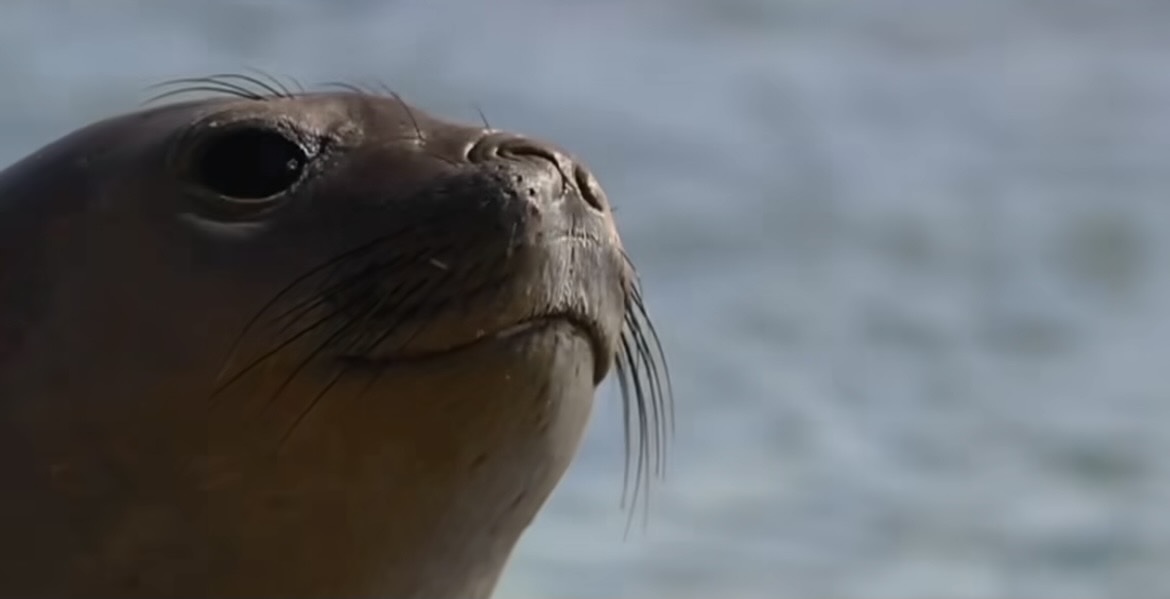Addu City, Maldives – With growing public concern over the health of the beached southern elephant seal in Addu City, Environmental Protection Agency (EPA) has confirmed that the seal is in good health but stressed on the importance of not feeding it and maintaining at least 30 meters of distance from it at all times.
Explaining the condition of the pinniped to The Times of Addu, EPA explained that the authority has gotten in touch with veterinarians from the UK and have been able to confirm that the seal is in good health, and that the injuries on its body are likely cookie cutter shark bites.
EPA further detailed that the seal is also likely in the process of molting, which is essentially when the seal is shedding its fur.
Molting is the periodic process where southern elephant seals shed their outer layer of hair and skin. This process can take up to a month to complete and requires the animals to find a place on shore to do so. Normally, when seals are in the ocean, their blood flow is directed away from their extremities and towards the core of their bodies to keep their vital organs warm and functioning in the cold ocean temperature. But, because the act of molting requires the seals’ bodies to direct blood flow to the surface of their skin, the seals must be on land during the molt. Otherwise, they (and their vital organs) would become too cold. So that’s why seals must find a warm place on the beach, out of the cold ocean, for the entire molt process.
OceanBites.org
“Although the seal may appear tired or lethargic , it is natural for the seal to be more in a resting phase during the molting process. It will also not be eating during this time, so it is very important not to feed it,” EPA’s expert stated.
Adding that two such incidents have been reported earlier in Sri Lanka and Mauritius as well, the EPA expert urged that it is vital for the seal to not be disturbed or fed during this time as it may cause further stress to the animal.
“We are monitoring the situation, and will be working with Addu Nature Park to ensure the seal is given adequate space, preferably at least 30 meters of distance” EPA explained.
EPA and Addu Nature Park welcomes any interested volunteers to help monitor the situation of the seal during it’s visit to Addu City, and interested volunteers are requested to contact Addu Nature Park’s contact number at +960 7580059 for further information.





